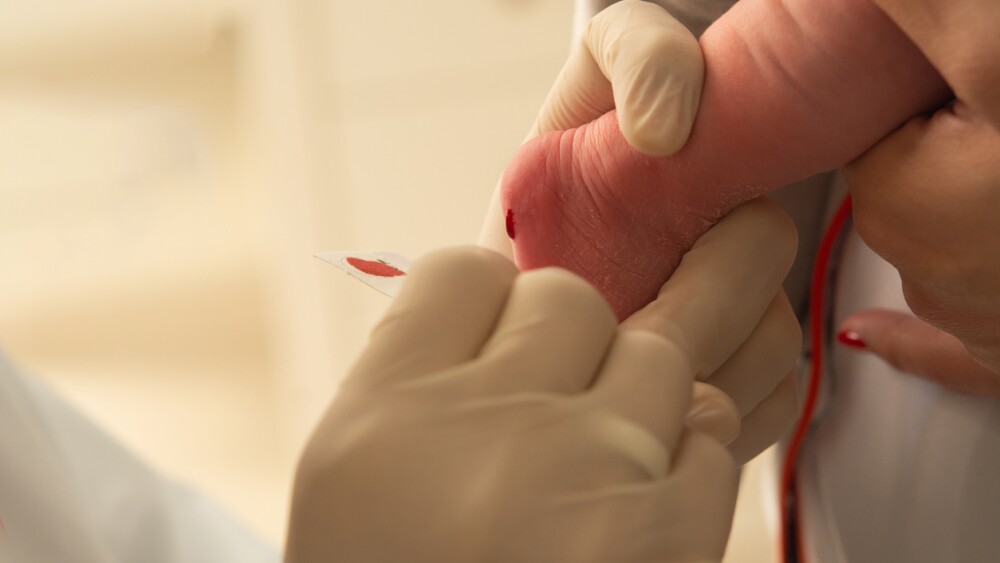The rejection is related to the timing of the FDA’s reinspection of Zealand’s third-party manufacturer, which previously had deficiencies.
The FDA on Tuesday denied approval for Zealand Pharma’s dasiglucagon, which the Danish biotech was proposing for the treatment of congenital hyperinsulinism.
According to the company’s announcement, the rejection is due to the timing of the FDA’s reinspection of a third-party contract manufacturer. In an initial visit, the FDA flagged “deficiencies” in the outside manufacturer that had been resolved by the time of its second inspection. However, Zealand’s service provider has yet to receive its inspection classification after the regulator’s second visit in August/September 2024.
The FDA did not identify concerns regarding dasiglucagon’s clinical data package, nor did it find safety issues with the drug candidate.
CMO David Kendall said in a statement that Zealand will continue working with its contract manufacturer and the FDA to “bring dasiglucagon to patients living with this devastating disease in the months ahead.”
Congenital hyperinsulinism (CHI) is an ultrarare genetic disease that affects one out of 50,000 children. In the U.S. and Europe, around 180 to 300 newborns are diagnosed with CHI every year. CHI develops when beta cells in the pancreas are dysfunctional and secrete too much insulin. Patients suffer from frequent and severe hypoglycemic episodes, which in turn can lead to seizures, brain damage and even death.
Currently, the only FDA-approved therapy for hyperinsulinism is the potassium channel activator diazoxide, which carries risks of fluid retention, congestive heart failure and pulmonary hypertension. Other patients are given glucagon or ocreotide, but these are not approved for CHI.
Patients with CHI “have either no or very limited treatment options today,” Kendall said.
Zealand’s answer to CHI is dasiglucagon, a glucagon receptor agonist that works by triggering the secretion of stored sugars from the liver. This mechanism of action allows dasiglucagon to counteract the excess insulin typical in CHI patients. In May 2022, Zealand posted Phase III CHI data for dasiglucagon, touting a 55% reduction in the need for intravenous glucose versus placebo.
Dasiglucagon is approved for the treatment of severe hypoglycemia in diabetes patients, for which it is marketed under the brand name Zegalogue.
The FDA is reviewing Zealand’s CHI application for dasiglucagon in two parts. The first, which was handed the rejection on Tuesday, covers dosing for up to three weeks. The second part is for dasiglucagon dosing beyond three weeks, for which Zealand expects to file additional analyses by the end of 2024.






